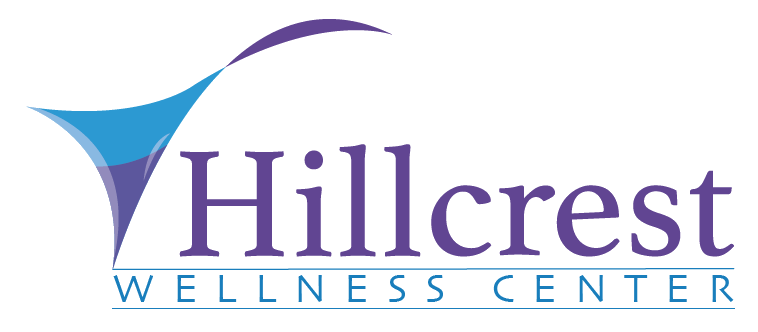The Vital Role of Sleep in Physical and Mental Health
The Essential Role of Sleep in Maintaining Physical and Mental Health
In today’s fast-paced world, sleep is often the first thing sacrificed at the altar of productivity and social life. Yet, the science is clear: sleep is not just a restorative necessity; it’s a cornerstone of good physical and mental health. At Hillcrest Wellness Center, we understand the profound impact that quality sleep can have on your well-being. Let’s delve into why sleep is so crucial and how you can improve your sleep habits for a healthier life.
The Pillars of Health: Sleep’s Central Role
Sleep serves numerous vital functions in maintaining our health. Physically, it allows the body to repair and regenerate tissues, regulate hormone levels, and maintain immune function. Mentally, sleep is just as crucial, playing a key role in cognitive processes, emotional regulation, and mental resilience.
The Physical Benefits of Quality Sleep
Adequate sleep is linked to a myriad of physical health benefits, including:
- Enhanced Immune Function: Sleep strengthens your immune system, helping to fend off illnesses.
- Heart Health: Quality sleep reduces the risk of heart disease by regulating blood pressure and reducing inflammation.
- Weight Management: Sleep affects the hormones that regulate hunger, helping to control appetite and prevent obesity.
Sleep and Mental Wellbeing
The relationship between sleep and mental health is bidirectional; just as poor sleep can lead to mental health issues, mental health problems can exacerbate sleep disturbances. Here’s how good sleep can bolster your mental health:
- Mood Regulation: Adequate sleep helps regulate mood, reducing the risk of mood disorders such as depression and anxiety.
- Cognitive Function: Sleep is crucial for cognitive processes like memory, learning, and problem-solving.
- Stress Reduction: Quality sleep can help manage and reduce stress levels, promoting a sense of calm and well-being.
Recognizing Sleep Disorders
It’s important to recognize the signs of sleep disorders, such as insomnia, sleep apnea, and restless legs syndrome, which can significantly impact your health. Symptoms may include difficulty falling or staying asleep, excessive daytime sleepiness, loud snoring, and frequent nighttime awakenings. If you suspect a sleep disorder, consulting with a healthcare provider is crucial.
Tips for Better Sleep
Improving your sleep starts with adopting healthy sleep habits. Here are some tips to enhance your sleep quality:
- Establish a Regular Sleep Schedule: Go to bed and wake up at the same time every day, even on weekends.
- Create a Restful Environment: Ensure your bedroom is quiet, dark, and at a comfortable temperature.
- Limit Screen Time Before Bed: The blue light from screens can interfere with your ability to fall asleep.
- Avoid Stimulants: Limit caffeine and nicotine intake, especially in the hours leading up to bedtime.
- Relax Before Bed: Develop a relaxing bedtime routine to signal your body it’s time to wind down.
Conclusion
At Hillcrest Wellness Center, we believe that sleep is a critical component of a holistic approach to health. By prioritizing sleep, you’re not just resting your body and mind; you’re investing in your long-term health and well-being.




